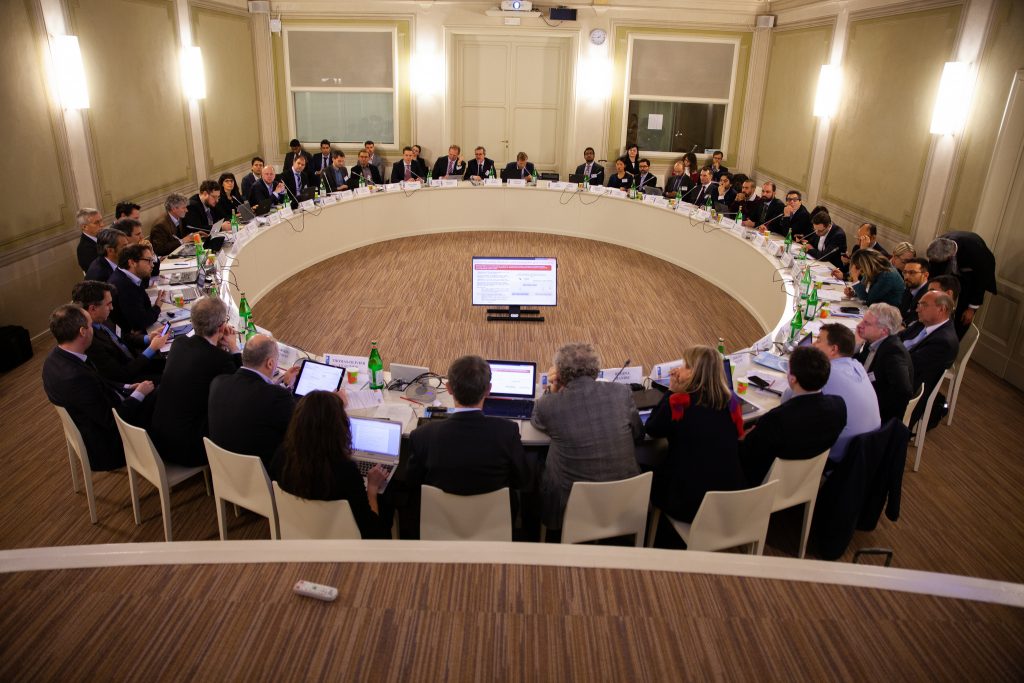On Friday 25 January 2019, the Florence School of Regulation hosted the Policy Workshop: ‘Nodal Vs Zonal Pricing for the Electricity Market’ to debate the possible benefits and relative challenges of implementing a nodal market structure in the European electricity market.
The event was structured in two sessions. The first reviewed the international experience with nodal and zonal pricing, including their impact on market liquidity and efficiency. The audience engaged with scholars and practitioners with direct experience in these markets to discuss the main opportunities and challenges such pricing structures pose. This discussion subsequently introduced the second session, focusing on the potential for Europe to adopt a nodal market design.
The event caught the interest of a vast variety of stakeholders: generators and suppliers, energy traders, power exchanges, transmission system operators, national regulatory authorities, European and national policy-makers. The majority of the academics were in favour of nodal pricing, whereas the various stakeholders expressed a more nuanced view. Some were mildly in favour of nodal prices, while others clearly supported a zonal approach.
Increased efficiency in the dispatch of the generating units and reduced re-dispatching costs were highlighted as one of the most relevant benefits of introducing nodal pricing. By better signalling local grid conditions, nodal pricing would provide generators and consumers with adequate incentives, taking into account the physical constraints, both when investing in new capacity and when trading energy on the wholesale market. With the ongoing transformation of the generation mix, such incentives are extremely important and could reduce the overall costs of the energy transition. On the other hand, nodal prices do not provide system operators with optimal signals for the grid expansion, nor do they ensure the recovery of the grid’s fixed costs. Moreover, for some of the attendees, the introduction of nodal pricing may decrease the liquidity in wholesale markets and allow, under certain circumstances, some market players to exert stronger market power.
The debate highlighted the fact that beyond any theoretical merit or drawback, policy-makers should be aware of the costs of moving from one system to another and the political obstacles that may prevent a smooth transition. Indeed, several stakeholders suggested that the current European governance of the electricity system would be unfit for a change in the pricing method. In their view, it would be easier and wiser to first fully implement the existing rules and improve the implementation of zonal pricing before venturing into the introduction of nodal prices.
In conclusion, important challenges lie ahead of the European energy sector. To advance in the decarbonisation strategy, some changes in the current system need to be considered and new solutions have to be investigated. A quantitative investigation of the benefits and costs of moving towards a nodal system could be helpful to understand if some elements of such market design could be gradually applied to the current framework.
Browse the photo gallery from the workshop:
Learn more in our Publications:
- The Digital World Knocks at Electricity’s Door: Six Building Blocks to Understand Why (by Jean-Michel Glachant and Nicolò Rossetto)
- Thoughts on an Electricity System and Grid Paradigm Shift in Response to the EU Energy Transition and the Clean Energy Package (by Olivier Lavoine)







